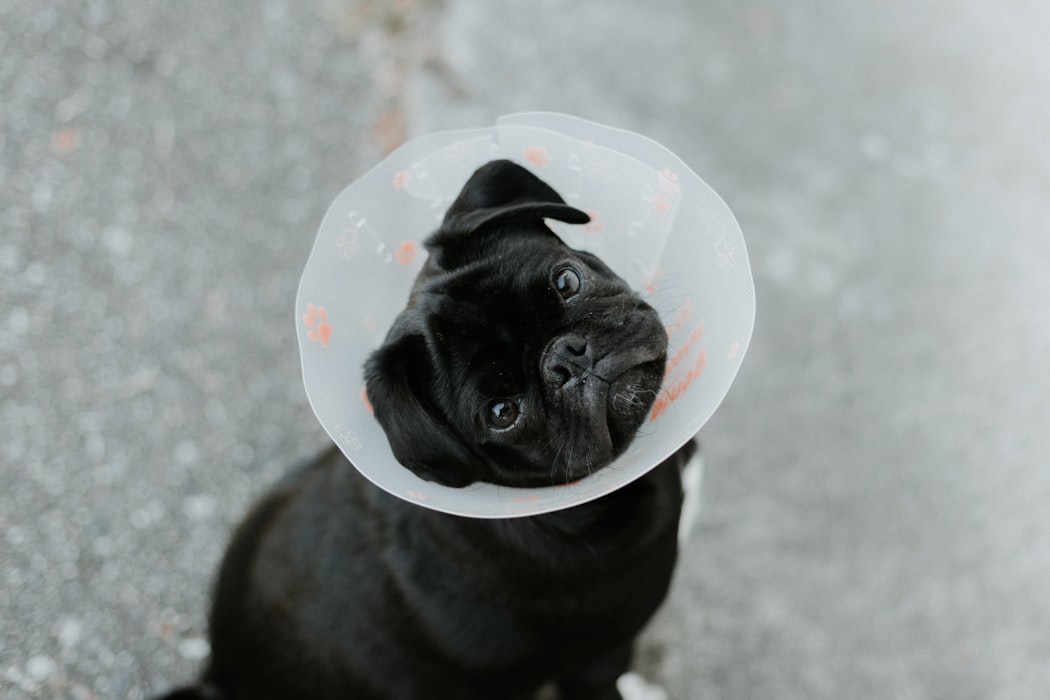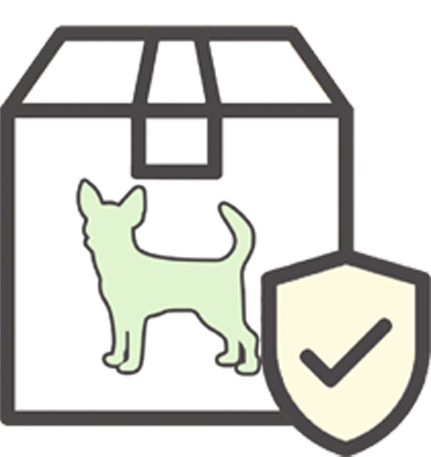Common Vet Mistakes Dog Paw-rents Make
Updated On: Friday, November 15, 2024 12:26:28 PM America/Los_Angeles
No dog parent is perfect -- even the most doting paw-rents among us who would do anything to keep their fur babies happy and healthy. The fact is, no matter how much you love your pup, there are things that you may not know about or might overlook when visiting the vet. In this post, we discuss some of the most common mistakes vets notice that pet parents make.

Not Being Honest
It can be embarrassing to confess that you didn’t realize how serious the issue was, or feel shameful to acknowledge you let an issue go on longer than you would’ve liked due to budget concerns or a hectic schedule. But it’s in your dog’s best interest to be honest and specific about when symptoms began. Your vet won’t be able to properly treat your dog if you don’t spill the beans on what’s been going on.
Forgetting to Ask for Details
It’s easy to get caught up in the moment, especially if your pup is dealing with a major health concern or you’re distracted by your dog’s behavior while at the vet. However, making sure you ask for further details can make a big difference in your dog’s well-being or recovery. Examples of useful follow-up questions could be regarding:
- Immunization or follow-up appointment schedules
- Medication dosage and timing
- Potential side effects you may see once you get home
- What side effects of any vaccinations or medications warrant a return to the vet
- Anesthesia and how long it will take to wear off
- If you can continue with your dog’s usual diet and mealtimes
Seeing the Vet Waiting Room as a Meet and Greet
Though your dog may be the epitome of well-behaved, it can be hard to judge how other pets and their owners will respond. Dogs (or other animals) can respond negatively even if you and your dog only have the friendliest of intentions. In addition, you never know the reason for why other people are bringing in their pets. They can have potentially infectious diseases or carry pests like ticks and fleas that can easily transfer to your dog.
Delaying or Forgetting to Get Regular Check-ups
If your dog is relatively healthy, it can definitely be tempting to put off check-ups. However, many vets would argue that regular check-ups are one of the most important appointments to keep, because preventive measures are what keep your dog from facing more critical issues down the line. For example, it may be difficult for you to notice your dog’s gradual weight gain (no judgement here -- we can’t resist those puppy dog eyes asking for extra treats, either) or deteriorating dental health. If these things aren’t caught early on, they could lead to chronic ailments over time.


